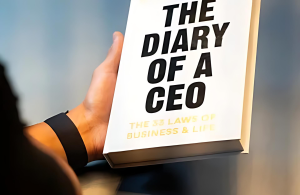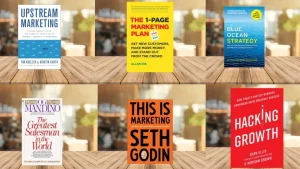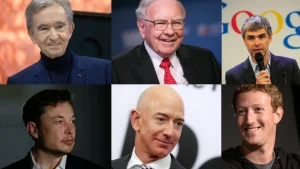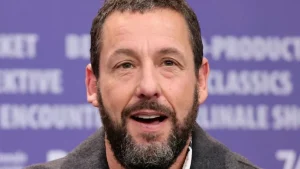Investing in a simple idea becomes either an extreme reach or a magical phenomenon. Mark Zuckerberg’s life exemplifies all through innovation, resilience, and faith in one’s vision. Starting from a town in upstate New York, Zuckerberg went from his parent’s basement to create a Facebook platform that revolutionized the way billions of people connect, share, and communicate.
But between him and the world’s largest and most celebrated tech phenomenon lay other hurdles that tested his will- for instance, lawsuits, privacy scandals, and public scrutiny. However, it is his drive for adaptation, innovation, and relentless pursuit of his vision that, in the end, made him one of the most influential tech leaders in this era. How did a Harvard dropout build a multi-billion-dollar empire? What lessons remain from his story? Let’s step into the enchanting success story of the man who forever changed the digital world.
The Early Years: A Prodigy in the Making
Mark Zuckerberg is just as brilliant as his family members. Born in Dobbs Ferry, New York, his father, Edward Zuckerberg was a dentist, his mother, Karen, became a psychiatrist. The technology wizardy of the young boy showed up from day one, at twelve when he built a rudimentary messaging program called ZuckNet for his family.
For him, the love of programming was the distinguishing factor that set him apart. In high school, he developed a music recommendation program called Synapse, which attracted the attention of Microsoft and AOL, who both offered to buy the program and offered him a job. He declined both. Why? Because his aspirations were much larger-attending Harvard and witnessing the endless possibilities of technology.
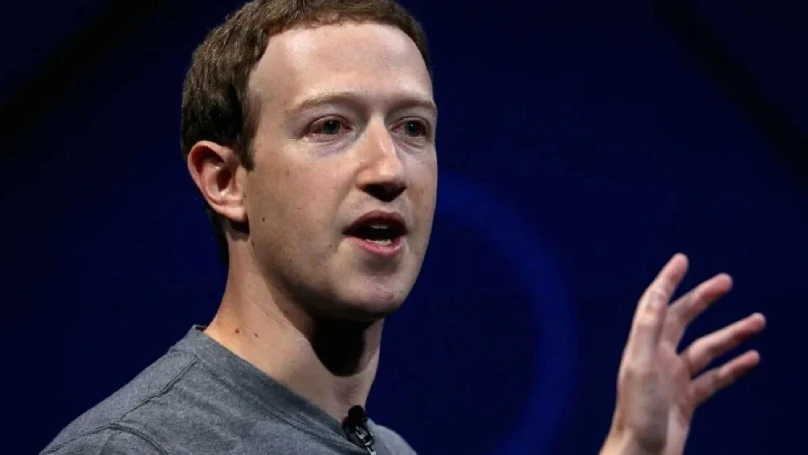
Harvard Days: The Birth of Facebook
It was at Harvard that the genius of Zuckerberg really began to shine. In 2003, he created a website called Facemash, which allowed students to compare the hotness of their peers. Though the site was shut down because of privacy concerns, it laid the bedrock for something much bigger.
In February 2004, Zuckerberg launched “The Facebook” from his dorm room. Originally designed to keep Harvard students connected, the site quickly expanded into other universities. Months later, in October 2004, Facebook became a cultural sensation, and Zuckerberg dropped out to scale it.
The Facebook Revolution: Scaling a Global Empire
Zuckerberg’s decision to move to Silicon Valley changed Facebook’s fate. With early investors like Peter Thiel, Facebook started scaling up hugely. By 2006, the platform had been oldwas open to anyone over 13 years old.
But building an international empire isn’t a kid’s plaything. MySpace faces hard competition, yet the innovation imperative dictates that Mark Zuckerberg stay relevant by trying and probably creating another craze daily. Facebook’s capability for pivoting, adapting, innovating, and iterating right from News Feed through the acquisition of Instagram to WhatsApp keeps It smack in the heart of this current social revolution.
Challenges and Controversies: The Road to Resilience
Zuckerberg’s weathered history comes with tons of scandals. From lawsuits made by the Winklevoss twins for supposedly stealing their idea to being publicly scrutinized for not addressing privacy, Zuckerberg has faced it all. But somehow he always appears to come out of the controversy tougher.
In 2021 Zuckerberg renamed the company Meta, supposedly short for metaverse which depicts a virtual version of reality where people interact with each other in real time. As usual, the rebranding was met with skepticism, but that’s so Zuckerberg-risky and with an eye toward the future.

Leadership Style: What Makes Zuckerberg Tick?
Incorporating significant technical know-how with sharp concentration and personal flexibility in shaping the artistry of his leadership, Zuckerberg is unique among chief executives in his ability to engage himself in certain technical aspects of coding and feature building and to immerse himself in the product to remain aware of its changing state. His iteration philosophy is building them, looking at how they do quite quickly, and then iterating. This philosophy, “Move fast and break things,” therefore sets Facebook in a prime position to capitalize on opportunities in a perpetually changing landscape.
Zuckerberg fosters an atmosphere of innovation within Meta, which inspires its employees to think big and to risk-taking. His ability to remain calm, even under extreme pressure, enabled him to make consequential decisions that embraced his bold vision: the buying of Instagram and WhatsApp. These touchstones ground his leadership in technical ability, strategy, and long-range vision and focus.
Key Lessons from Zuckerberg’s Success
Zuckerberg’s journey as an entrepreneur is rich with teachings for aspiring entrepreneurs and innovators. The good thing to start with is addressing a real-world problem. In this case, Facebook succeeded because it addressed human needs for connection and communication. The next on the list is to accept failure. Among many early failed projects Zuckerberg were lessons from which later on success of Facebook could be anchored, like Facemash. In the last place, one must be long-term minded; with all the controversies and trouble that ever followed the Facebook brand, one thing has always remained in Zuckerberg’s mind-connectivity with the world.
Another adaptable characteristic is the transition of a mobile-first approach to rebranding under Meta. This flexibility to adapt to change is what has characterized Zuckerberg’s work towards success. Finally, have the right people around you. Zuckerberg worked with early investors like Peter Thiel, surrounded himself with brilliant engineers, and built Facebook to greatness. These lessons show how vision, resilience, and learning can get you to success.
Conclusion
The story of Mark Zuckerberg is perhaps the most appropriate symbol of what an intersection of passion, innovation, and perseverance can do together. In other words, if ever there were an innovator to change the world in the way of connecting, communicating, and relating to one another, it would be a teenager coding in a basement and now the CEO of Meta. Since time immemorial, he has encountered endless challenges barrage of lawsuits against him, privacy concerns, and competition it put him on a platform where he could not hesitate to change perceptions creatively and loyally.
Beyond building his tech empire, Zuckerberg himself is tackling real-world issues that empower him with greater strength to absorb failures while being able to remain molded through his vision. What he sees for the future of the metaverse is promising, having taken somewhere between a beginner’s step and an established landmark on his road to being a creator of the digital age. His tale embodies the greatness of vision, courage, and imagination.


